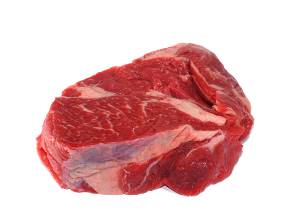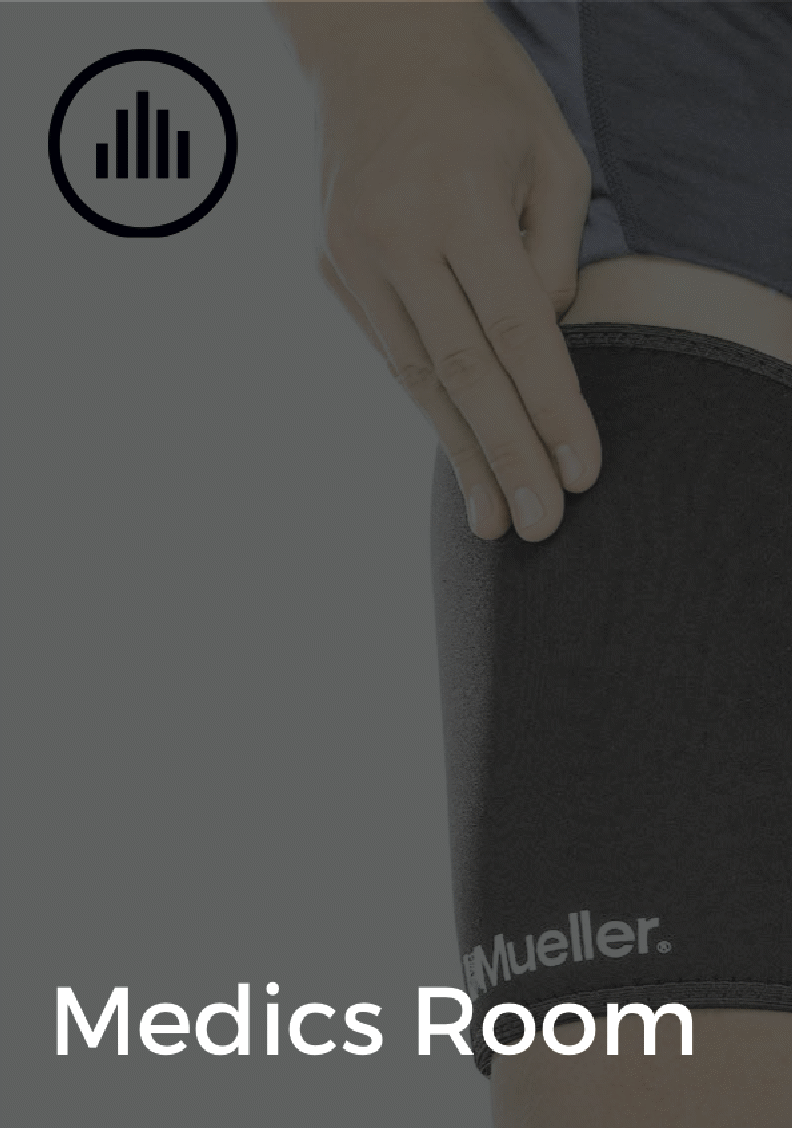How Much Do I Need to Eat to Gain More Muscle?
You want to gain more muscle right? You’re doing everything in the gym but just can’t seem to put on muscle even though you are working relentlessly to do so?
We’ve all been there, well, at least I know I have in the past. Training is the easy part, so to speak. One hour of your day isn’t that hard, prepare your mind to attack your plan with intensity and you’re done. (I hope you do have a plan!).
What to Eat
Well, the next part is fuelling for growth and by that I mean good nutrition. There are supplements that will help you along the way but I want to keep this simple for you. You need to eat good nutritious food 80-90% of the time if you want to grow. That means a variety of vegetables, plenty of greens, good protein sources and good nutritious carb sources as well as fat sources.
I don’t want to overwhelm you with specifics, as it is a minefield out there with so many people preaching one system works best. To be honest, the best system is one you can stick to so do that.

How Much
I will give you some take away points you can action to start with. Firstly, you have to work out what your maintenance calories are. To do this you can use a number of equations. I use the mifflin equation. These equations are a guideline and you have to weigh yourself weekly to see if you’re making progress. A calculation is great; it’s just not the real world as we all have individual metabolisms and what works for one won’t necessarily work for another.
Essentially, you have to know what is going in your body to even have a hint of definition, otherwise it’s just bulk and when it’s time to showing that hard earned muscle, by dieting, you might lose it all if you have to lose too much fat. To find out what you need to eat to maintain your weight use the following.
For men: (10 x w) + (6.25 x h) – (5 x a) + 5
For women: (10 x w) + (6.25 x h) – (5 x a) – 161
Where:
w = weight in kg (1 pound = 0.45359237 kilograms)
h = height in cm (1 inch = 2.54 centimetres)
a = age (in years)
Now you have your answer e.g. 2500, I recommend a gradual increase of 10%. In this example, that’s 250 Calories and you will find that your total is now 2,750 Calories.
If you are eating 2,750, that would be 5 meals of 550 Calories. How you break these calories down is up to you when it comes to protein, carbohydrates and fats. It’s recommended to go no higher than 2.2g grams of protein per kilo of bodyweight. I go for 1g fat per kilo of bodyweight and the rest goes into carbs.
I would love to go into more detail and give samples of diets and meal plans, however, there isn’t one way that works better than another one, as long as you are eating 5-10 portions of vegetables a day and hitting your required targets, eat as often as you like and the foods you like. A diet is pointless if you hate it and can’t stick to it in the long run. Sit down, know how much you need, figure out what will suit your schedule and you will be ready to gain some much needed muscle.
That’s it; the basics to muscle gain with minimal fat gain either. If you find yourself creeping up too high in body fat, you’ve increased Calories too much so reduce your total calories by 5-10% and see.






